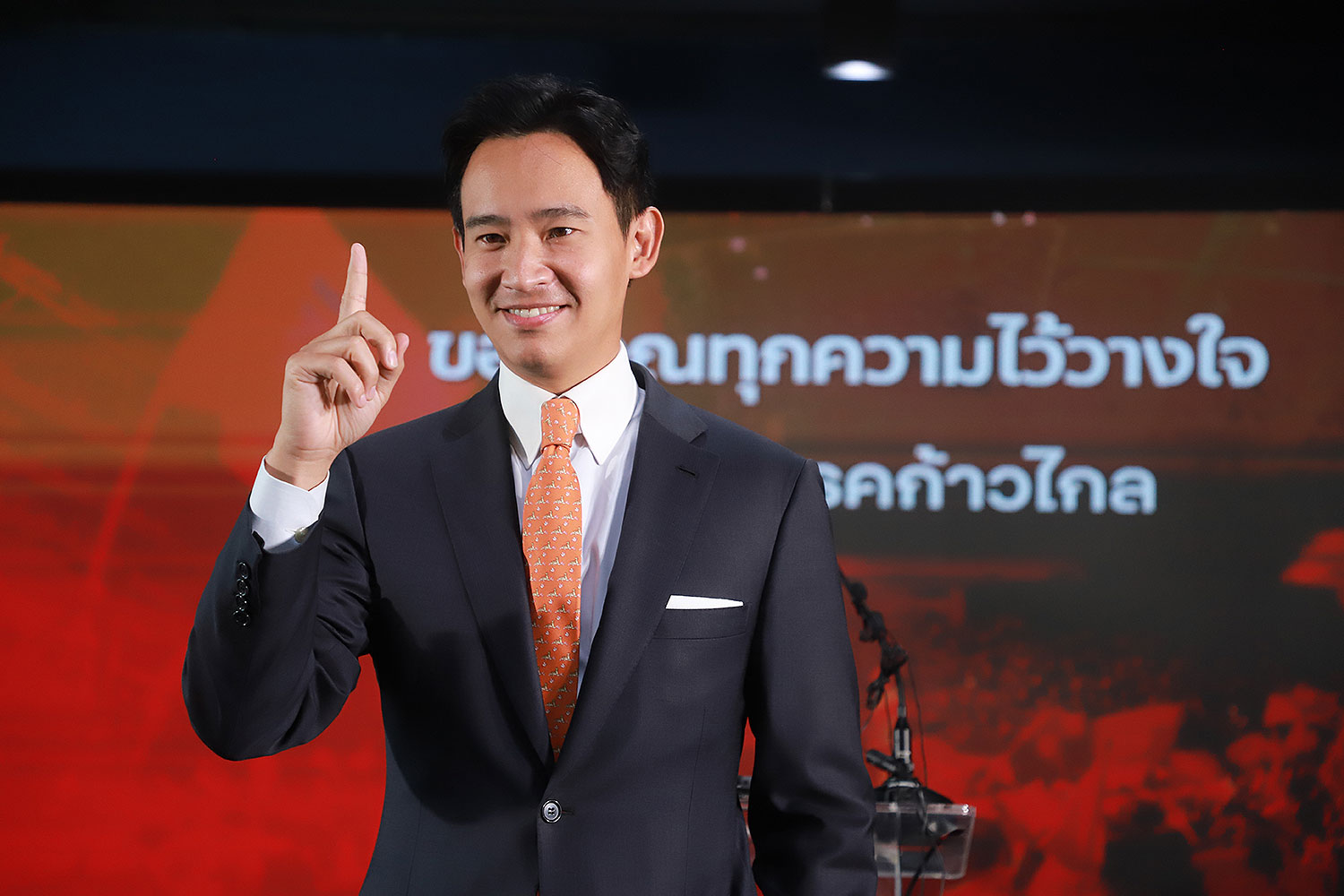
The case of media share ownership is returning to haunt Thai politics -- especially the Move Forward Party (MFP).
MFP leader Pita Limjaroenrat, the presumptive prime minister, is seeing his meteoric political career hanging by a thread as the Election Commission (EC) awaits a court decision on whether he has violated Section 98 (3) of the 2017 constitution by owning 42,000 shares in iTV.
The stipulation was written to prevent politicians from using the media to gain unfair political advantages.
For Mr Pita, the bone of contention is the shares he still owns are in a once-popular TV news station during the 90s that went off the air 15 years ago.
Although it no longer produces news, iTV still functions as a company because it is fighting in court to claim 2.8 billion baht in compensation from the government.
The court is expected to make a ruling soon. In the the worst-case scenario, according to deputy PM Wissanu Krea-ngam, a nationwide by-election might be held in all constituencies won by MFP candidates. That would happen if the court were to disqualify Mr Pita as an elected MP and also, retroactively, nullify his prior duty and legal actions as leader of the MFP.
This is not the first time this progressive party has fallen victim to Section 98 (3). After winning the 2019 election, Thanathorn Juangroongruangkit, founder of the Future Forward Party -- the precursor of the MFP -- lost his Lower House seat after the Constitutional Court disqualified him for owning shares in V-Luck media, which produces a hi-so lifestyle magazine.
This legal stipulation that bans politicians has been included in constitutions for 15 years. But Section 98 (3) has been heavily used to expunge rivals for the past four years.
So far, over 65 elected politicians have been charged, and a few have been disqualified from candidacy or even banned from public office despite them owning trivial or even minuscule amounts of shares.
Look at the case of Surachoke Tivakorn, a local politician from the Thai Pakdee Party who contested a local tambon election in Kachanaburi province a few years ago.
Last year, the Kanchanaburi Provincial Court banned him from any political activity for 20 years. It also gave him a suspended 21-month jail term and ordered him to pay a 20,000-baht fine because he owned one single MCOT share worth just 5 baht.
One of the problems with Section 98 (3) is how its legal interpretation depends so much on the discretion of the judge, as to whether the politician involved used their shares for political gain.
A case in point is the Democrat candidate Charnchai Issarasenarak. In April, the EC banned Mr Charnchai, a veteran politician from Nakhon Nayok province, from contesting the May 14 election because he owns 200 shares in AIS. Mr Charnchai appealed and the Supreme Court on May 2 ruled in his favour by judging the number of shares too small to be of significance.
No matter the outcome of Mr Pita's case, one thing is clear: this section of the charter also needs to be updated to keep up with the reality of social media and the use of proxy shares. It is an open secret that key Thai politicians have their relatives hold shares in major newspaper and TV news networks.
Hopefully, a new wave of lawmakers will revamp this part of the law to ensure it is no longer misused in a way that ends up harming Thai democracy.







